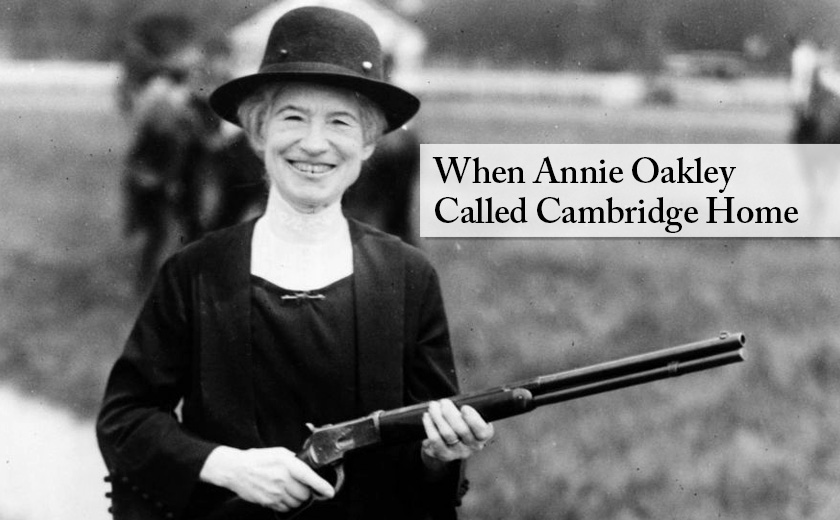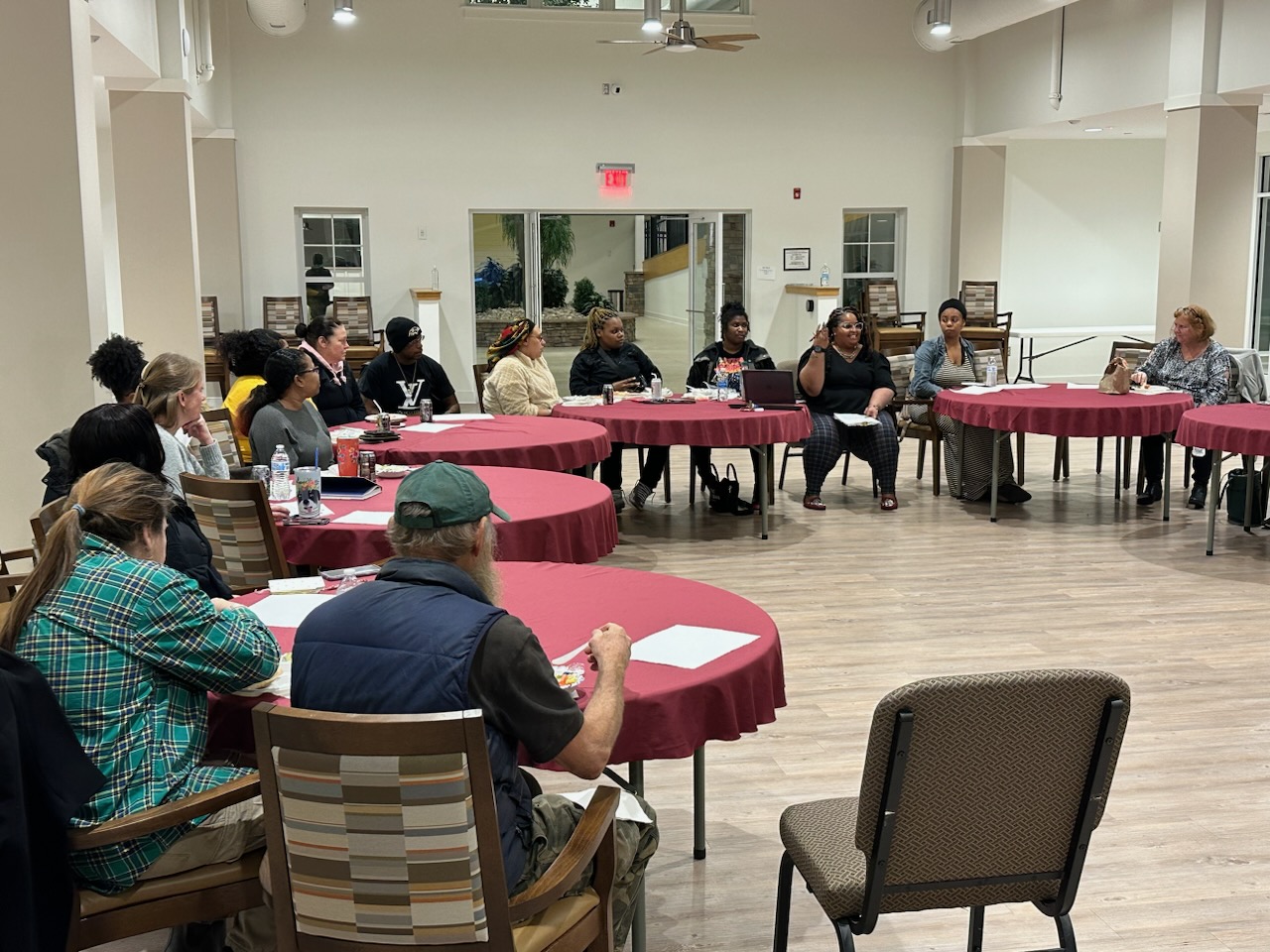Famous sharpshooter Annie Oakley and her husband, Frank Butler, retired to Maryland’s Eastern Shore in 1913 after a quarter-century with Buffalo Bill’s Wild West show. They chose Cambridge as their new home, captivated by its natural beauty and welcoming community.
Annie and Frank purchased two lots on Bellevue Avenue and built a charming colonial bungalow with a unique second-story deck for bird shooting. Annie’s philanthropic spirit shone as they entertained local children and raised funds for worthy causes, such as the Dorchester County Fair.
Despite her remarkable shooting skills, Annie struggled with traditional homemaking, often cycling through cooks. In 1917, they embarked on a cross-country adventure with their niece, leaving Cambridge behind.
Annie Oakley never returned, and in 1926, she passed away. However, the Bellevue house remains, the sole surviving property associated with her in the US, listed on the National Register of Historic Places since 1996.
This video is approximately six minutes in length.












